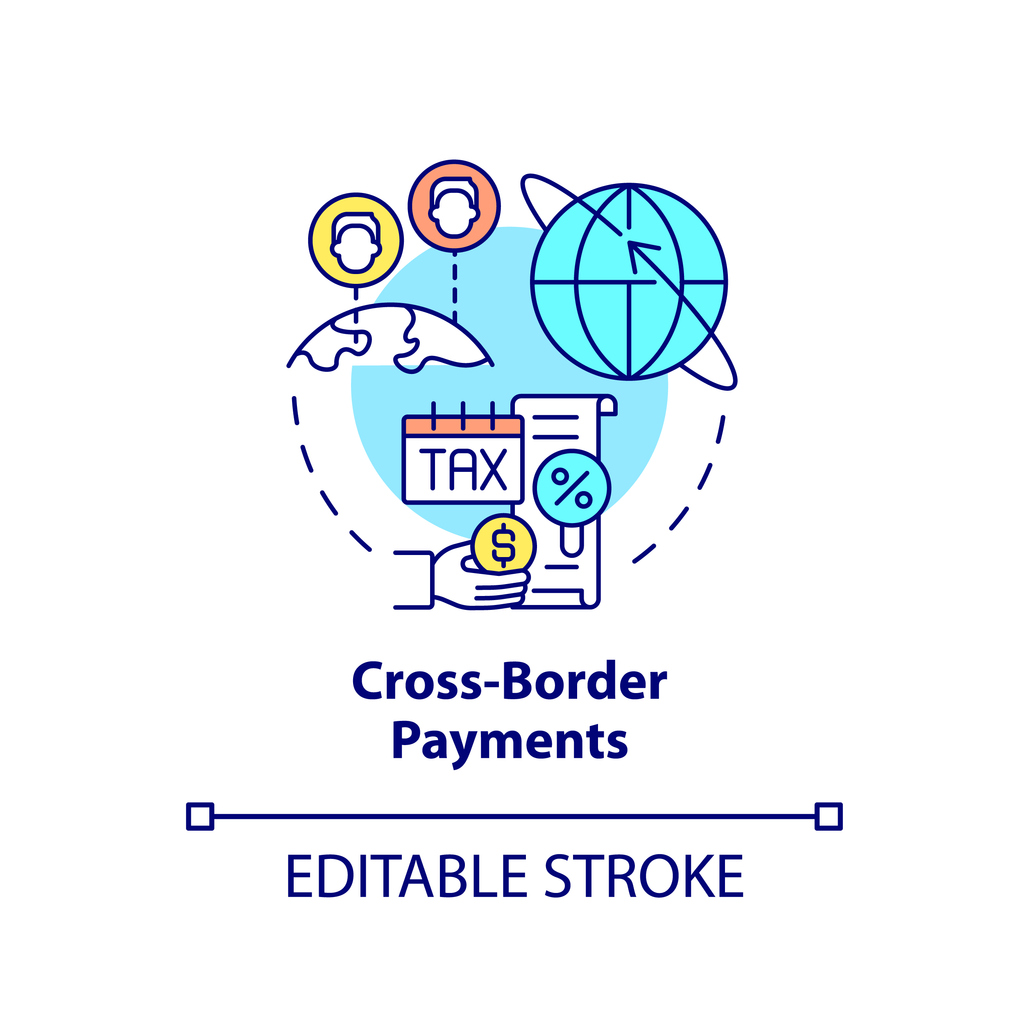OEM Partnership in Nigeria: Opportunities and Key Insights for Businesses
An OEM (Original Equipment Manufacturer) partnership involves one company producing components or products that another company sells under its own brand name. In Nigeria’s rapidly growing manufacturing and distribution ecosystem, OEM partnerships have become an essential model for businesses seeking efficiency, scalability, and local market presence.
These collaborations allow international brands to expand their footprint through Nigerian manufacturers, while local businesses gain access to advanced technologies, global production standards, and stronger supply chain networks.
The Growing Importance of OEM Partnerships in Nigeria
Nigeria’s diverse industrial base—spanning FMCG, automotive, electronics, and pharmaceuticals—is driving strong demand for OEM partnerships. As consumer needs evolve, companies are turning to OEM collaborations to:
-
Reduce production costs through localized manufacturing.
-
Accelerate market entry by partnering with established Nigerian producers.
-
Ensure quality control and maintain brand consistency.
-
Promote technology transfer and upskilling of local workforces.
The Nigerian government’s focus on industrialization and import substitution has further strengthened the OEM model by encouraging local content development and manufacturing investment.
Key Sectors Benefiting from OEM Collaboration
Several industries in Nigeria are actively leveraging OEM partnerships:
-
Automotive and machinery – Local assembly and parts production are expanding to meet demand.
-
Consumer goods – FMCG brands are producing packaging, bottles, and processed items locally.
-
Electronics and electrical equipment – OEM collaborations help meet Nigeria’s rising demand for appliances and devices.
-
Healthcare and pharmaceuticals – Global drug manufacturers work with Nigerian partners for local formulation and packaging.
Each of these sectors benefits from shared expertise, streamlined supply chains, and reduced import dependency.
Benefits of Forming an OEM Partnership in Nigeria
Partnering with an OEM in Nigeria offers multiple business advantages:
-
Cost Efficiency: Localized production helps reduce logistics and import duty costs.
-
Faster Market Response: Manufacturers can quickly adapt to changing market demands.
-
Regulatory Alignment: Working with registered Nigerian partners simplifies compliance.
-
Quality Assurance: Reputable OEMs maintain consistent product standards.
-
Sustainability: Local sourcing reduces environmental impact from overseas shipping.
Challenges and Considerations
While the potential is vast, successful OEM partnerships require careful due diligence:
-
Ensuring clear intellectual property protection.
-
Aligning on production quality and supply timelines.
-
Complying with Nigerian trade and manufacturing laws.
-
Selecting partners with proven capacity and transparent operations.
Engaging local consultants or trade facilitators can help navigate these challenges and ensure mutually beneficial partnerships.
How Wigmore Trading Can Help
With extensive experience in African trade, procurement, and logistics, Wigmore Trading connects international brands and Nigerian manufacturers through reliable OEM partnerships.
The company’s expertise in sourcing, compliance support, and distribution ensures seamless collaboration between producers and brand owners.
Get in touch with Wigmore Trading today to explore OEM partnership opportunities that drive growth and efficiency in Nigeria’s industrial sector.








Comments are closed.